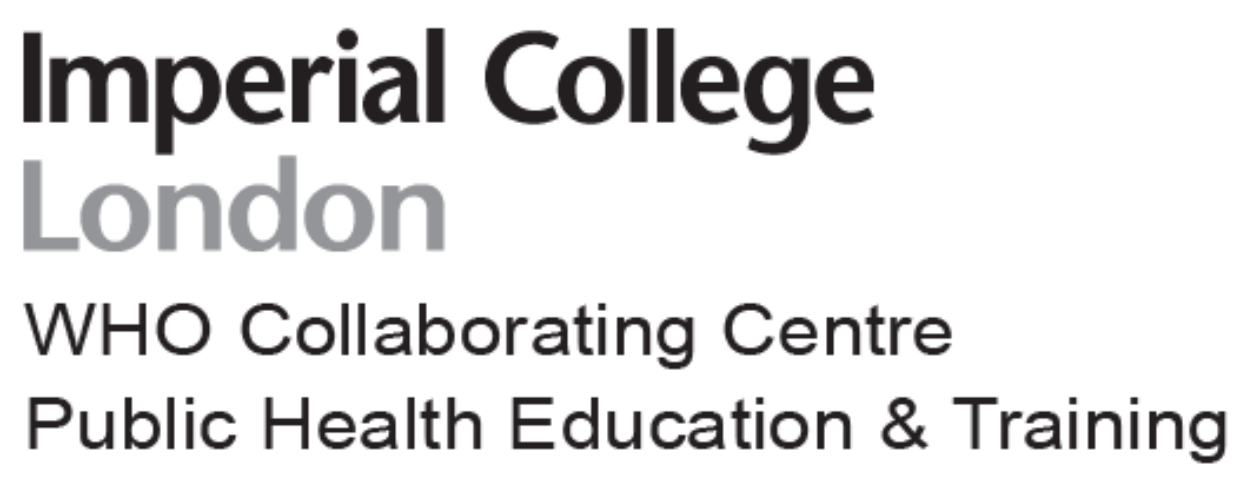Acute Events Management Course
- Home
- Acute Events Management Course
Acute Events Management Course
In today’s challenging and complex public health landscape, it is essential for health managers to become part of a new generation of public health professionals equipped with new skills and appropriate attributes to better serve the population. Successful public health professionals are able to manage today’s health services and health systems by developing valuable collaborations with stakeholders across departments, organisations, and national borders. This is particularly important in terms of managing disease outbreaks, but equally essential in management of natural and man-made disasters; the capacity to respond rapidly and effectively to pandemics and humanitarian emergencies is now more imperative than ever.
SARS, H1N1, H1N5, MERS-CoV, Ebola, and current COVID-19 have taught us lessons in the importance of the investment to develop capable systems that can lead and manage adequate and effective responses to save lives. Pandemics, however, are not the only type of many acute events, among which: natural disasters, poisonings, industrial actions, terrorist attacks are just a few named. This calls for the investment in human resources for health involvement in acute events surveillance to employ better command and control, more apt technical skills, and tactical communication/coordination, as well as enhanced community engagement. As such, Imperial College London WHO Collaborating Centre for Public Health Training and Education (ICL-WHO CC) in collaboration with WHO and PHE has organized a three-day bespoke intensive training course tailored to develop and build the capacity of a cohort of health professionals in management of acute event
Course Overview
The Acute Events Management course is intended to equip public health professionals with the tools required to manage their organisations, services, and health systems efficiently and effectively in the events of adverse circumstances with particular emphasis on epidemic and pandemic situations. The content of the course is built around the WHO guidance for Pandemic Influenza Preparedness and Response and aims to help participants become more successful leaders in a knowledge-based health system. The courses address a range of domains including:
- Activation of preparedness plan / management of interventions
- Strategies aimed at minimising impact of acute events, maintaining appropriate level of vigilance, and avoiding fatigue
- Key performance indicators
- Change management
- Knowledge-based assessment
- Health services management
- Resource mobilization and planning
- Political challenges in epidemic and pandemic setting
Course Aims
The course aims to enable participants to manage and lead health organisations effectively across a range of dimensions including policy, service delivery, advocacy, resource mobilization in the event of public health acute event, including epidemic and pandemic. It also aims to enable participants to apply critical thinking and creative solutions to disease outbreaks and pandemic such as influenza pandemic through understanding key global experiences in managing and leading during acute events settings. This course enables participants to draw lessons as well as consider potential management scenarios during epidemic and pandemic situations to lead their organizations and develop action plans in respective countries.
Target Audience
This course is designed to meet the needs of health managers and professionals involved in acute events response such as director of surveillance/ acute event preparedness at Ministry of Health level and other relevant ministries and organisations. All participants should be current leaders in their fields e.g., directors of surveillance or preparedness, for whom this course will be relevant and can effectively equip them with a leadership and management skill set to conduct their work more efficiently during acute events such as epidemic and pandemic.
Course Leads and Facilitators
Staff from WHOCC Imperial College London will design and develop the practical and interactive programme of this course in collaboration with WHO and PHE colleagues. The course shares experiences at high level from countries around the globe.
Course Learning Aims
General objective:
By the end of this course, participants will be able to:
- Demonstrate a universal understanding of health leadership during epidemic and pandemic setting.
- Recognise best practice of resources management in an acute event outbreak context.
- Determine an ability to effectively tackle real problems from situational interpretation to high-level decision-making with a clear frame of accountability and responsibility during an acute event setting.
- Effectively lead during acute events including pandemics whilst maintaining regular services
- Effectively manoeuvre political response during an acute event and pandemic settings.
- Meet the competencies required for acute level management
The course will address the following Competencies of Public Health Workforce:
- Develop and implement strategies based on relevant evidence, legislation, emergency planning procedures, regulations, and policies.
- Understand the local implications of the One Health* approach, its global interconnectivity and how it affects health conditions in the population.
- Critically analyse the changing nature, key factors and resources that shape One Health to influence actions (emergency preparedness planning and response) at the local and international levels.
- Know and apply, where needed, the International Health Regulations to coordinate and develop strategic partnerships and resources in key sectors and disciplines for health security purposes.
- Contribute to or lead community- based on health needs assessments, ensuring that these assessments consider biological, social, economic, cultural, political, and physical determinants of health and broader determinants of health such as deprivation.
* One Health: One Health is an approach that recognizes that the health of people is closely connected to the health of animals and our shared environment. One Health is not new, but it has become more important in recent years and in particular during Covid-19 Pandemic. This is because many factors have changed interactions between people, animals, plants, and our environment.
Course Structure
The curriculum is based on the science and art of acute event and health emergencies management at all stages. All are taken in the context of management and leadership disciplines: decision making, operations management, and communication skills. At its core, the teaching and learning in this course is interactive in nature and is based on the involvement and engagement of participants. Learning will take place in the form of group work, self-directed learning, and lectures. The course is divided into four main themes, within which a series of sessions have been designed to encapsulate the most current issues relevant to the themes:
1. Activation of the emergency plans
2. Interventions steps
3. Minimising impact of the acute events
4. Measures of success
Faculty
Imperial College London (Faculty of Medicine)
Public Health England
WHO Geneva
WHO EMRO
Kingdom of Saudi Arabia Public Health Authority

